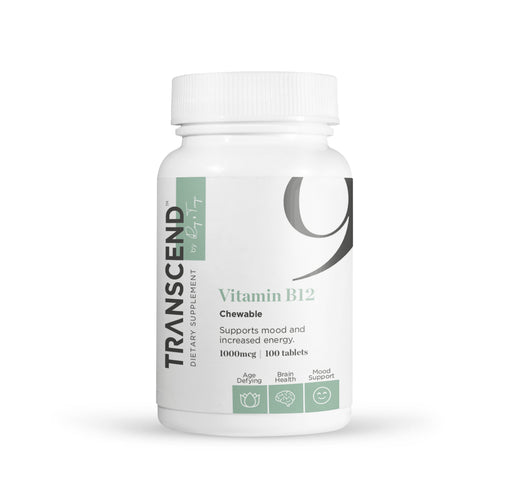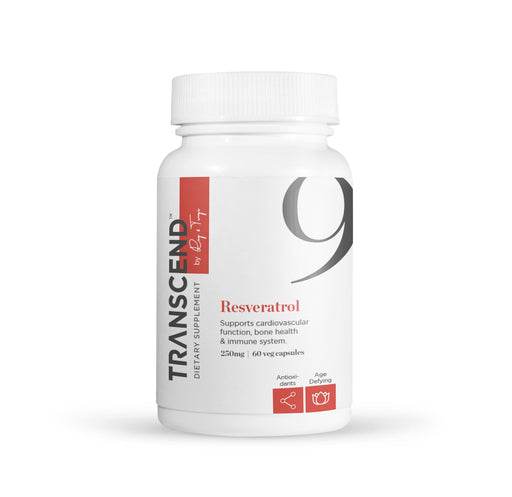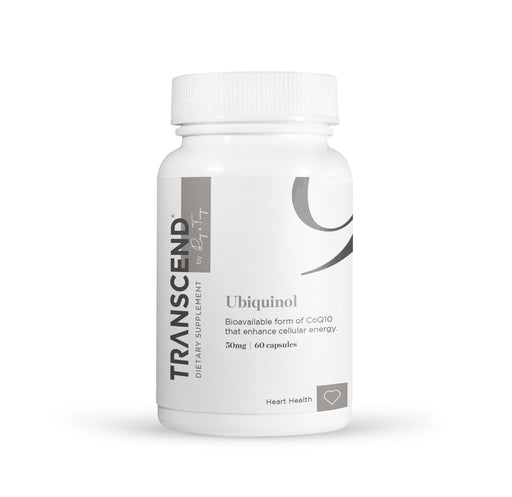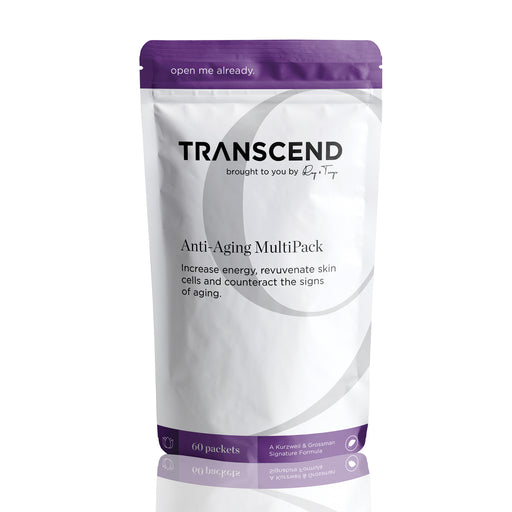
Vitamin B-12, Sublingual
Increased energy Improve mood Fight fatigue Common deficiency Better absorption Vitamin B12 (also called cobalamin) is one of eight water-solu...
View full details
Understanding your chronological age is simple: it's the number of years that you have lived. Unfortunately, on that front, there's not much we can do to turn back the clock.
Your biological age or physiological age, on the other hand, refers to how old you seem and is much more malleable. It’s influenced by your genes, lifestyle, behaviour, environment, and other factors. Unlike chronological age, your biological age will not necessarily equal the number of years you’ve been alive.
Those with a younger biological age compared to their chronological age are at a lower risk of suffering age-related diseases and mortality, whereas the opposite is also true. When it comes to biological age, the possibilities for life extension are considerably more exciting.
His chronological age may be 71, but Futurist Ray Kurzweil believes that his biological age is closer to twenty years younger. This discrepancy, he believes, is due to his proactive approach to biological aging.
Kurzweil isn't the only person who believes that biological aging can be managed. According to many other futurists, scientists, and doctors, there's a distinct difference between our chronological and biological ages. But what does this mean?
Understanding Your Biological Age
Our biological age is closely related to our health and mortality, which makes it the best way to measure our actual physical age. A person's physical appearance doesn't necessarily match their chronological age, either.
Epigenetic research, or the study of processes that alter gene activity without changing DNA sequences, also shows potential benefits for long-term human health. The epigenetic clock appears to correlate with biological age when comparing different molecular predictors of age. This seems to indicate that both epigenetic and biological age can be determined at a molecular level.
Aging may also be a result of reduced plasticity in the expression of some bivalent genes. Because epigenetic age and biological age are associated, we may be able to alter both of these with changes to our lifestyle, diet, and environment.
Improve Your Biological Age
Figuring out how to reduce your biological age will help you feel more youthful and energetic every day.
Try a Longevity Multipack to get started on living well forever!
Epigenetic age – much like biological age – is accelerated by a high body mass index (BMI) but can be reduced with exercise and a healthy diet. To aid in this, Ray Kurzweil follows a diet full of healthy carbs and light on calories. Here's a look at one of Kurzweil's typical breakfasts:
For some, replicating Kurzweil’s breakfast every day isn’t realistic. Merely being aware of what you feed your body and how much time you make for daily exercise can be just as beneficial. When you start being more mindful about taking care of your body, that’s when things begin to change, and your biological age slows.
Transcending Biology
Medical advancements from the 1960s onwards have had a significant impact on the length of human lives. Kurzweil believes that today, medical technology can help us transcend biology to live even longer, maybe even forever. What do you think? Are you ready to forget your chronological age and start your journey to living well forever?

Increased energy Improve mood Fight fatigue Common deficiency Better absorption Vitamin B12 (also called cobalamin) is one of eight water-solu...
View full details
Combat internal aging Protect cells from radiation damage Increase antioxidant capacity Take with lecithin for better absorption Optimal dose for...
View full details
2022 update: Future batches of this product will use a Ubiquinol product that is a greenish capsule rather than a red softgel Bioavailable form o...
View full details
A Kurzweil + Grossman Formula Continued Synergy between Science and Convenience Convenient dosage packets Top anti-aging products Increase energy...
View full details
Leave a comment